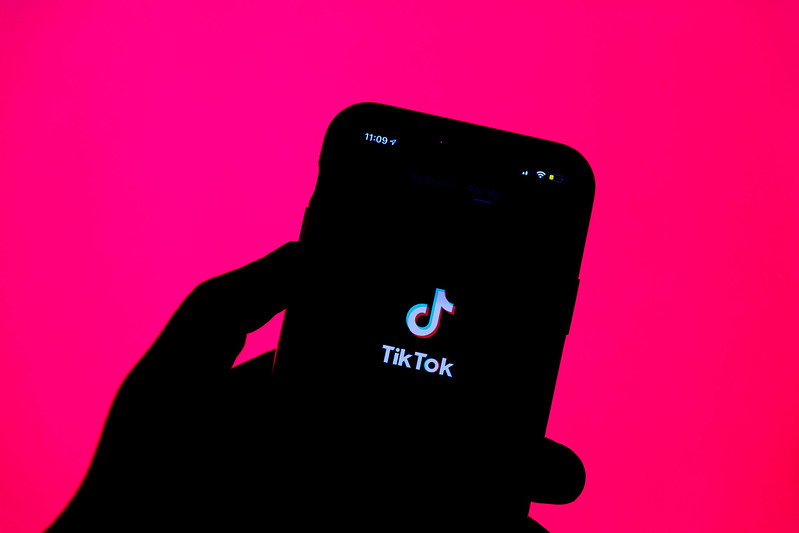Attorneys for TikTok claim that legislators’ fears of Chinese propaganda and surveillance are overblown–and that a proposed nationwide “ban” on the social media platform is unconstitutional.
TikTok has filed a lawsuit seeking to pre-empt legislation that would require its China-based parent company to either sell the application or face the prospect of a nationwide ban.
According to NBC News, attorneys for TikTok filed the complaint on Tuesday in the U.S. Circuit Court of Appeals for the District of Columbia.
In its lawsuit, TikTok claims that the bill—entitled the “Protecting Americans from Foreign Adversary Controlled Applications Act”—is an “unprecedented violation” of the First Amendment.
“For the first time in its history, Congress has enacted a law that subjects a single, named speech platform to a permanent, nationwide ban,” the lawsuit alleges. “[The bill] bans every American from participating in a unique online community with more than 1 billion people worldwide.”
The United States government has long claimed that TikTok poses a threat to national security, in that its parent company—China-based ByteDance—could be compelled to share sensitive consumer information with the Chinese Communist Party.
“Congress and the executive branch have concluded, based on both publicly available and classified information, that TikTok poses a grave risk to national security and the American people,” Rep. John Moolenaar (R-MI), head of the House Select Committee on the Chinese Communist Party, said in a statement. “It is telling that TikTok would rather spend its time, money, and effort fighting in court than solving the problem by breaking up with the [Chinese Communist Party].”

“I’m confident that our legislation will be upheld,” Moolenaar added.
However, TikTok now says that unfounded national security concerns are insufficient reason to restrict free speech—and that, if the federal government wishes to prevent the application from being used in the United States, it must establish a reasonable cause for doing so.
Attorneys for the company said that Congress has yet to offer any evidence that TikTok presents a real risk to U.S. consumer data, or that it could be used to spread propaganda on behalf of the Chinese Communist Party.
“The statements of congressional committees and individual Members of Congress during the hasty, closed-door legislative process preceding the Act’s enactment confirm that there is at most speculation, not ‘evidence,’ as the First Amendment requires,” the lawsuit alleges.
“Congress has never before crafted a two-tiered speech regime with one set of rules for one named platform, and another set of rules for everyone else,” it says.
The complaint also claims that the law provides the “illusory” and untenable solution of permitting TikTok to continue operating in the United States so long as its parent company divests within 270 days. This solution, TikTok says, is not commercially, technologically, or legally possible—making the Protecting Americans from Foreign Adversary Controlled Applications Act little more than a targeted ban.
“According to its sponsors, the Act is not a ban because it offers ByteDance a choice: divest TikTok’s U.S. business or be shut down,” the lawsuit says. “But in reality, there is no choice.”
Sources
TikTok sues the US government over its plan to ban — so now what?
TikTok sues to block prospective US app ban
TikTok sues to block US law that could ban app
TikTok sues US government: Lawsuit alleges forced ban or sale violates First Amendment
TikTok sues U.S. government, saying potential ban violates First Amendment


Join the conversation!